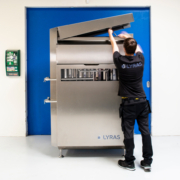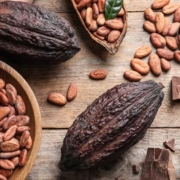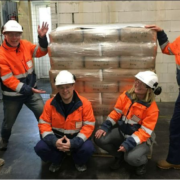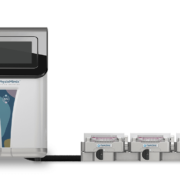Insempra announces first fermentation-based functional ingredient for consumer goods
Supply agreement signed with Axxence Aromatic to market natural alpha-Ionone to food and beauty manufacturers globally Insempra, a biology-powered company enabling businesses to make superior products with nature, today announces that it has launched its first functional ingredient, a biotechnologically produced, 100% natural alpha-Ionone flavour and fragrance ingredient for food and beauty market applications.










